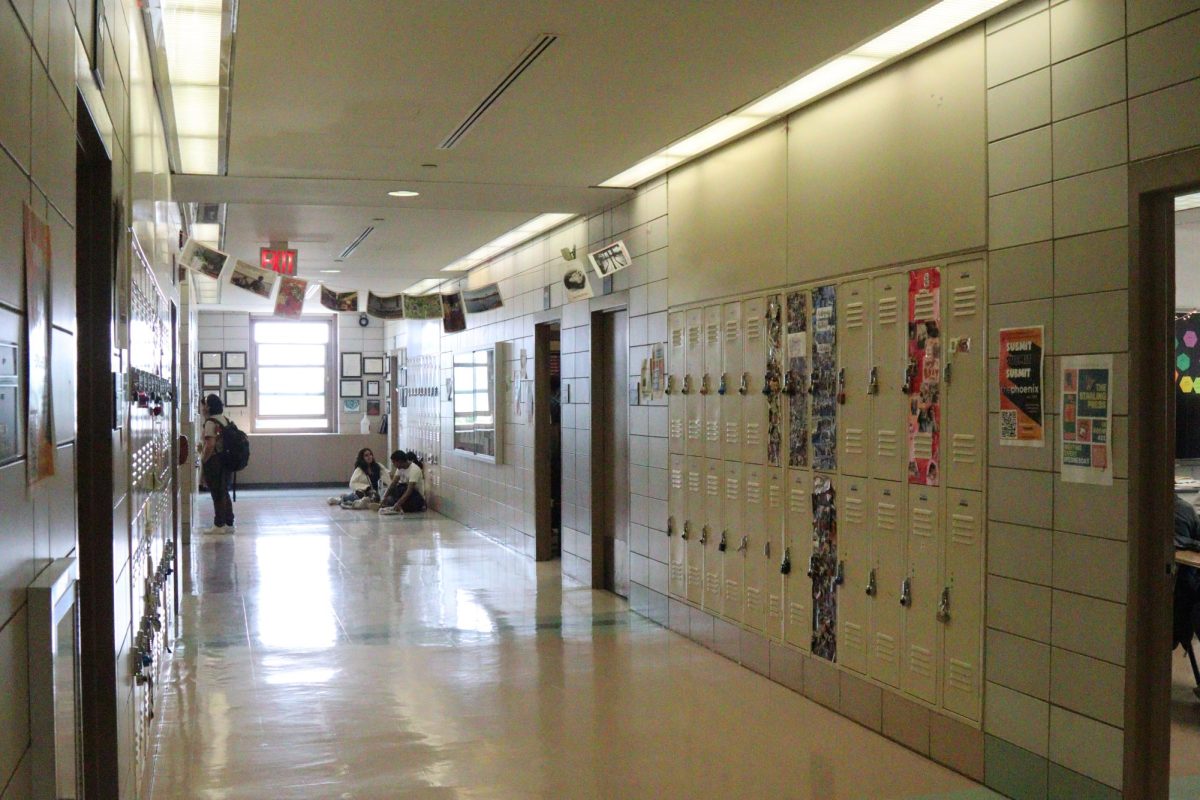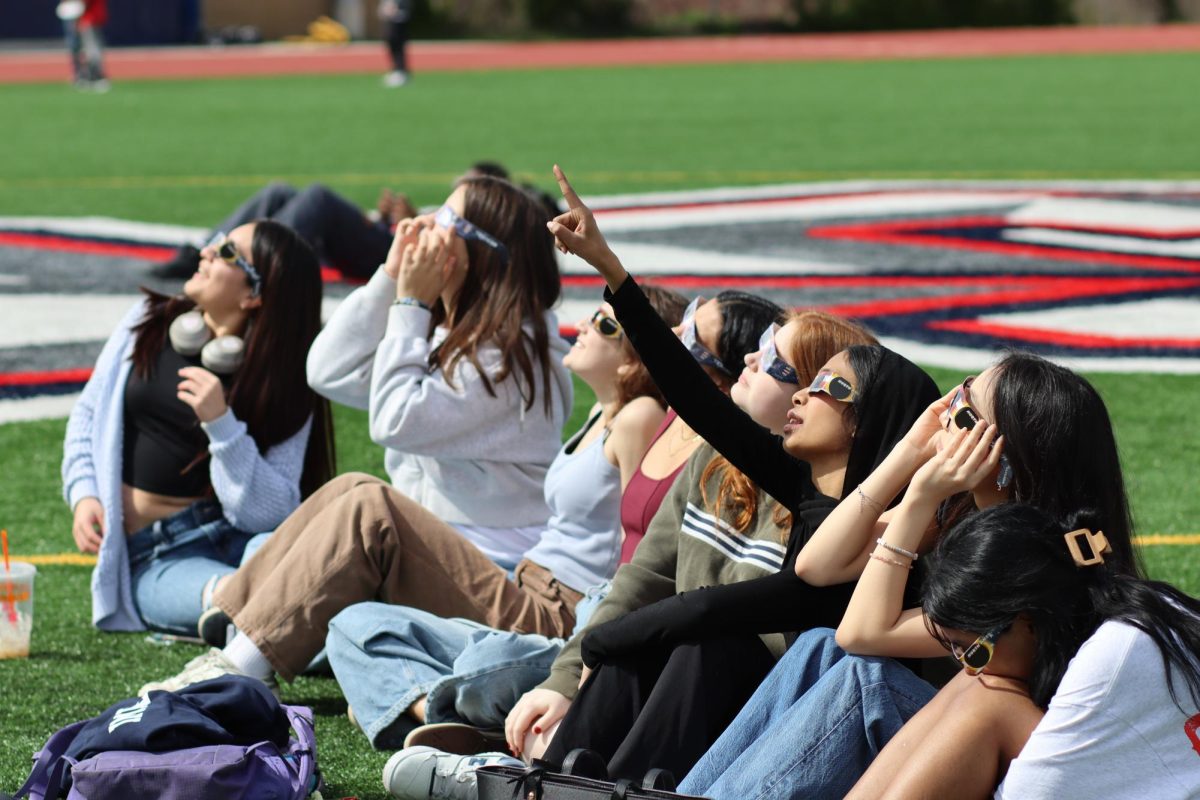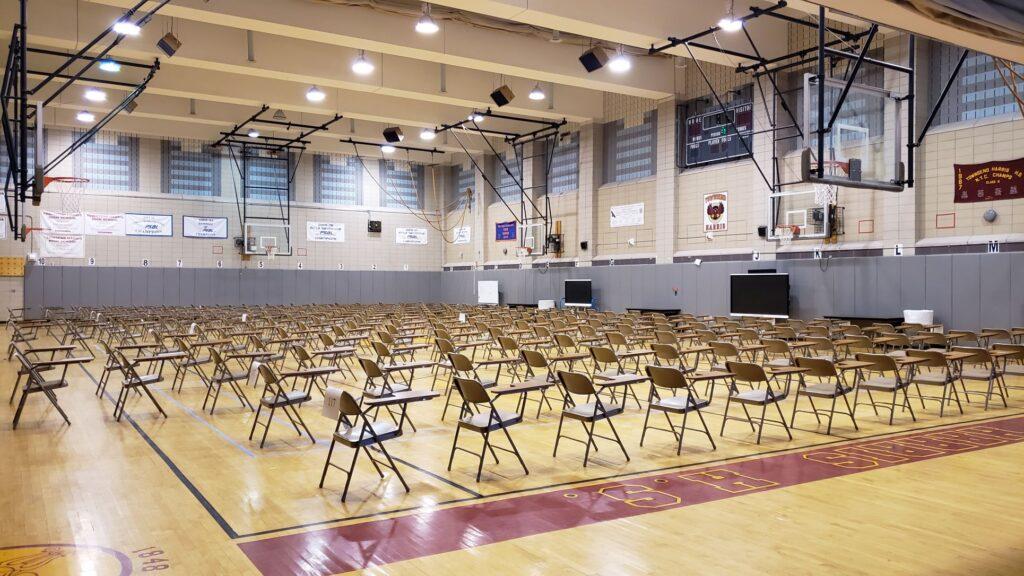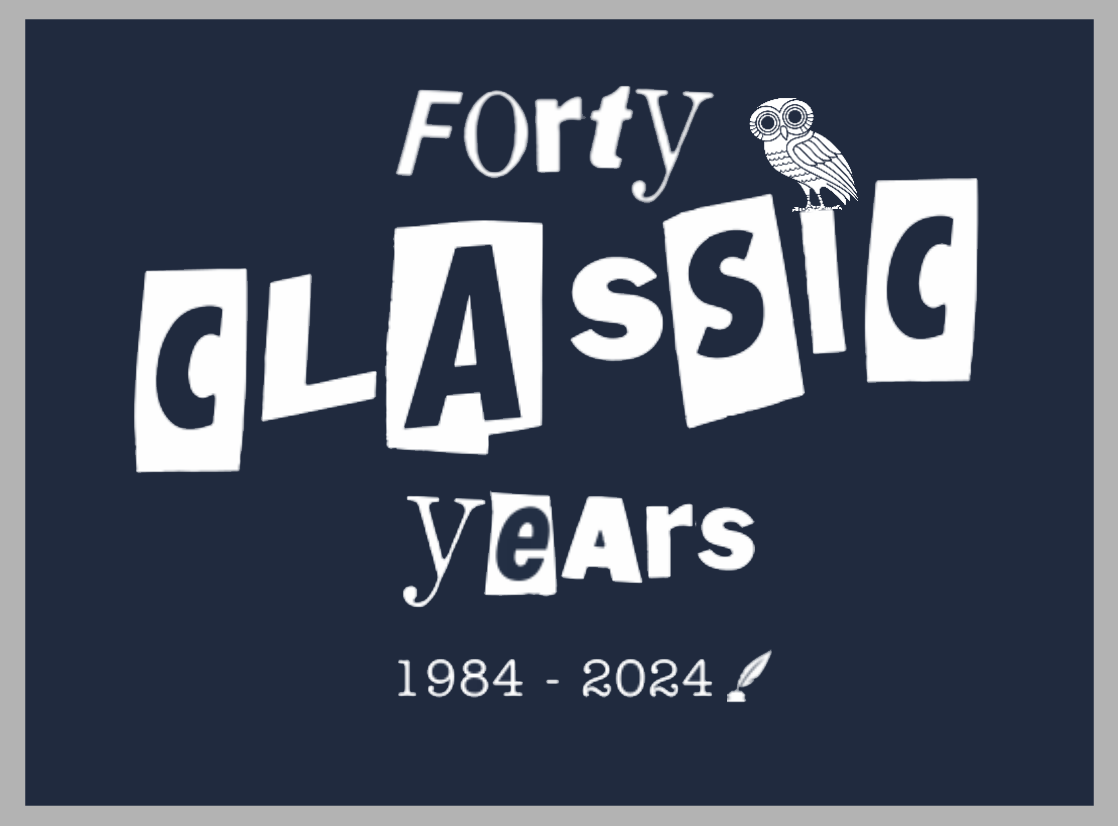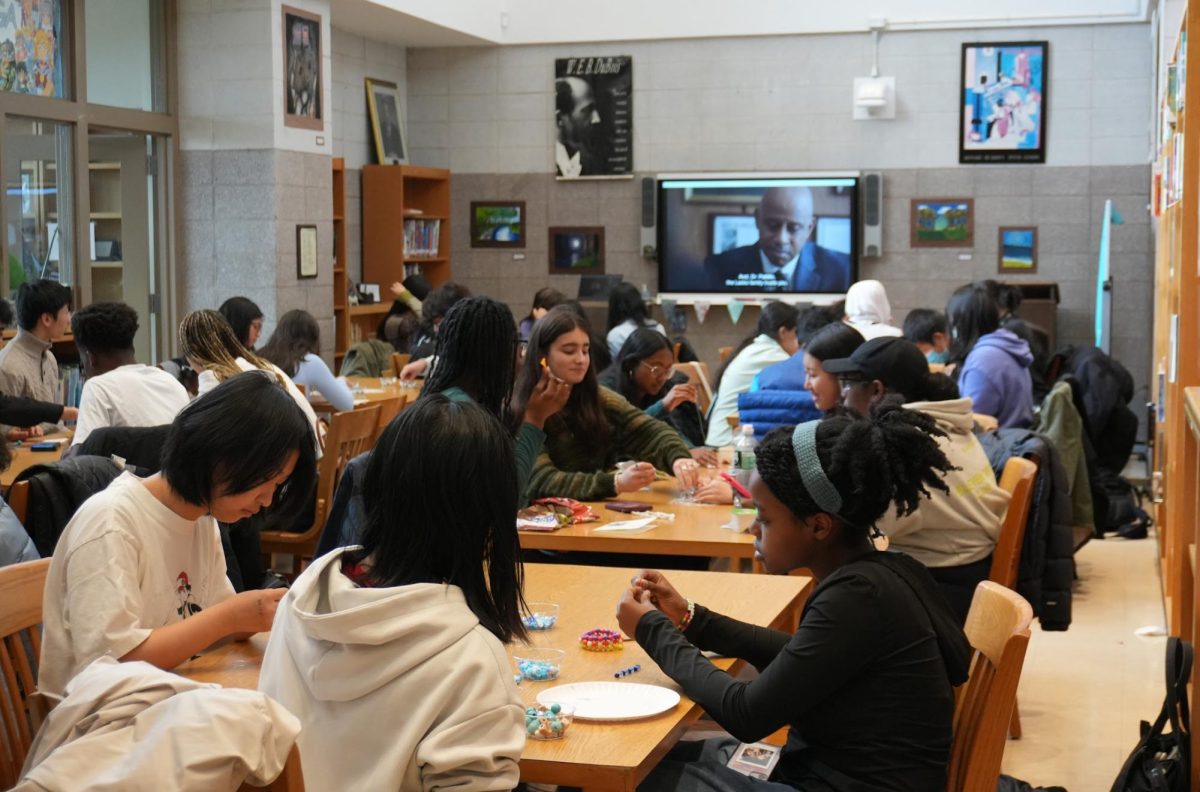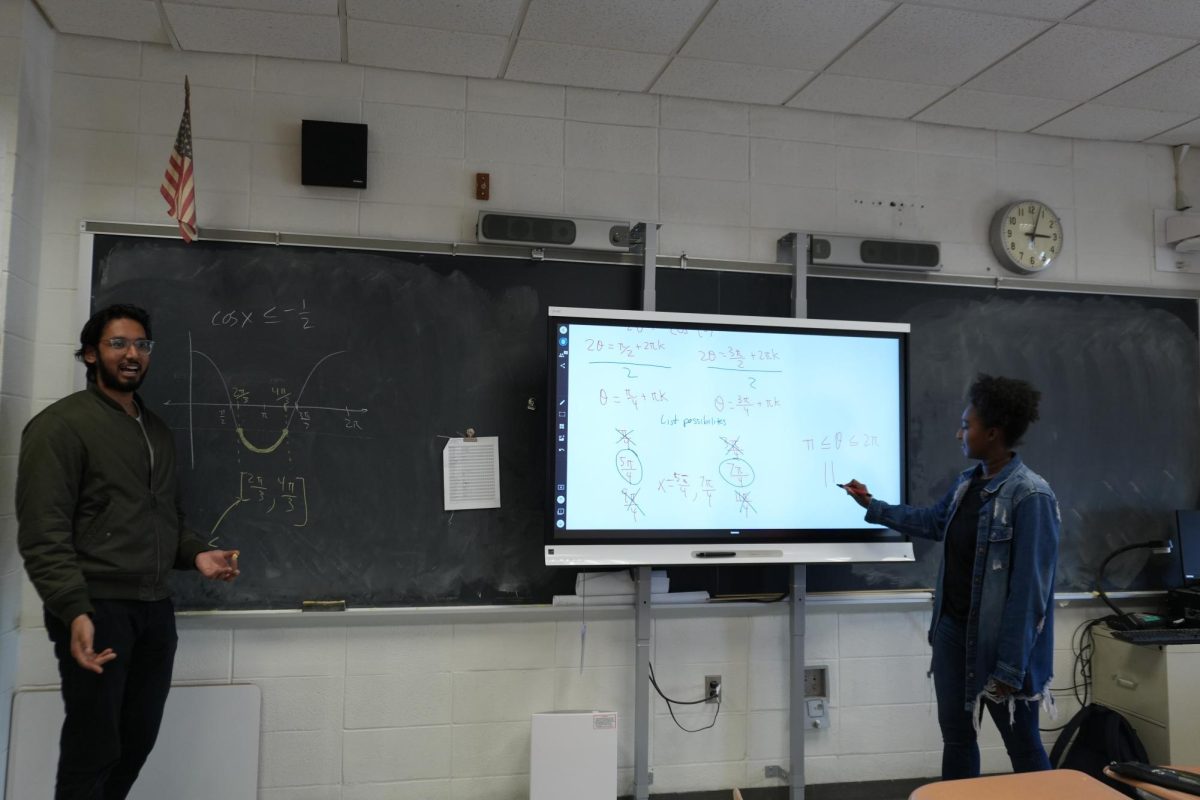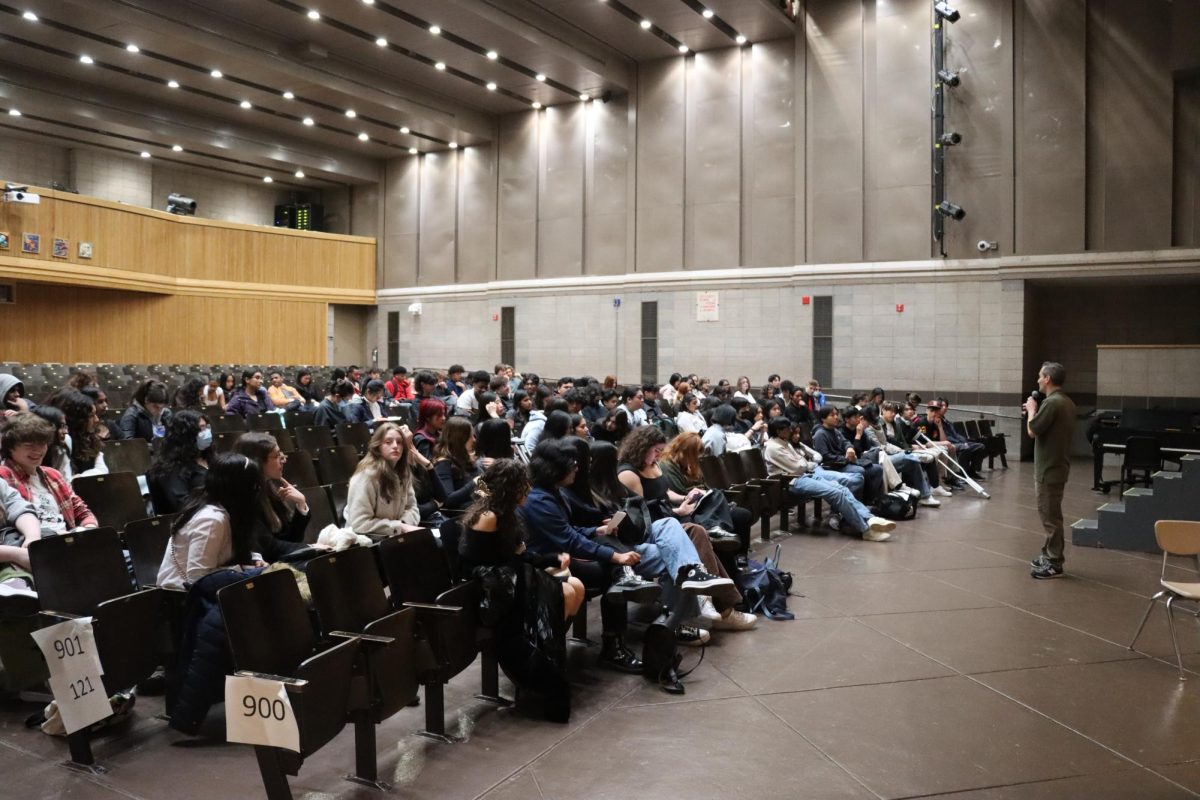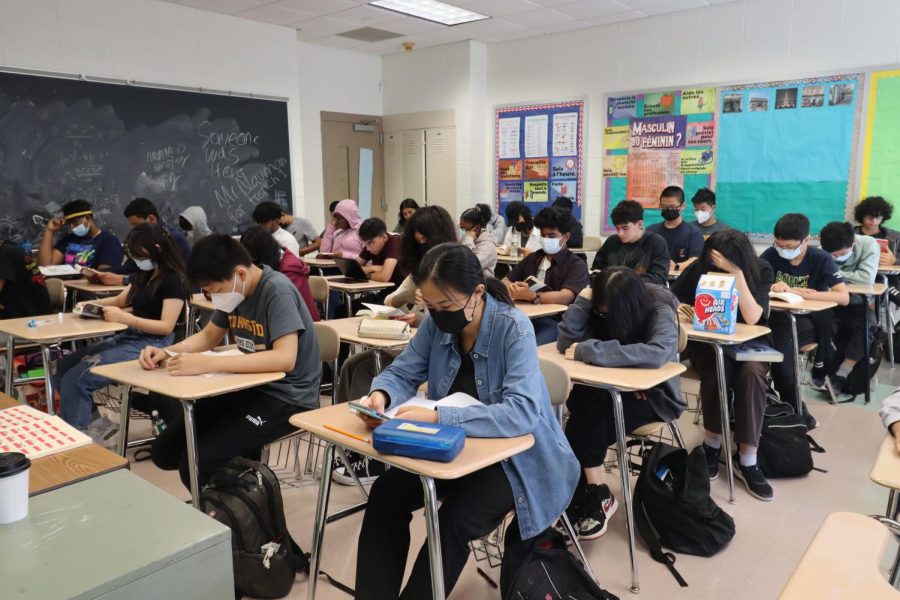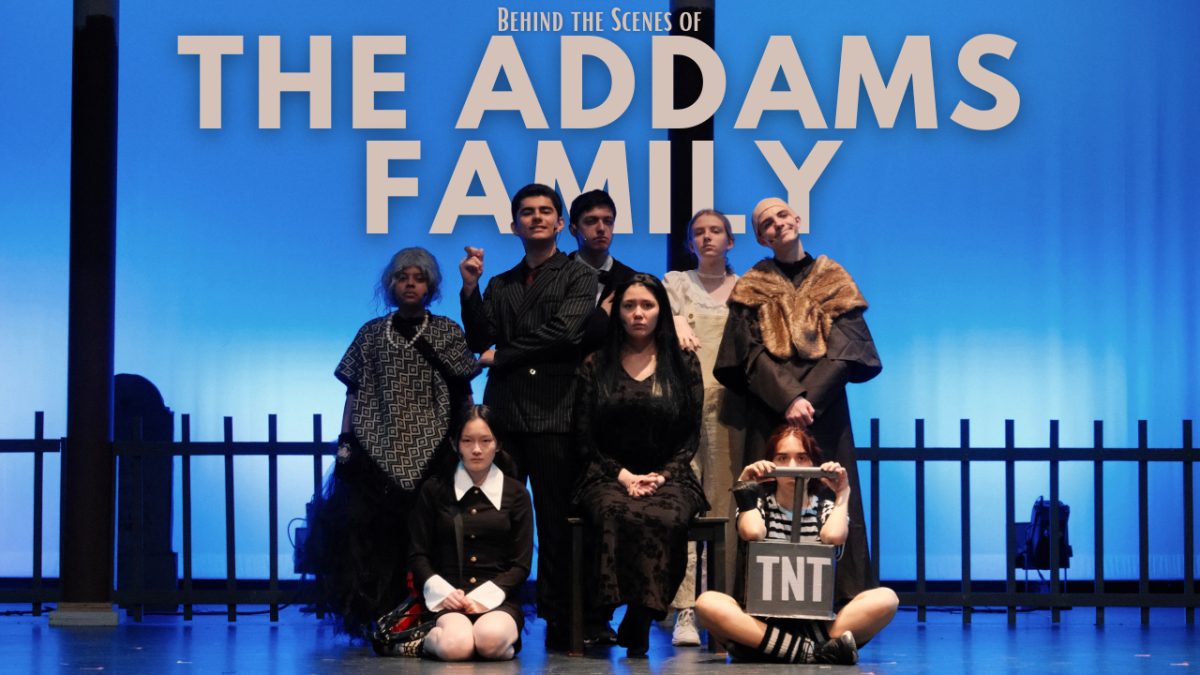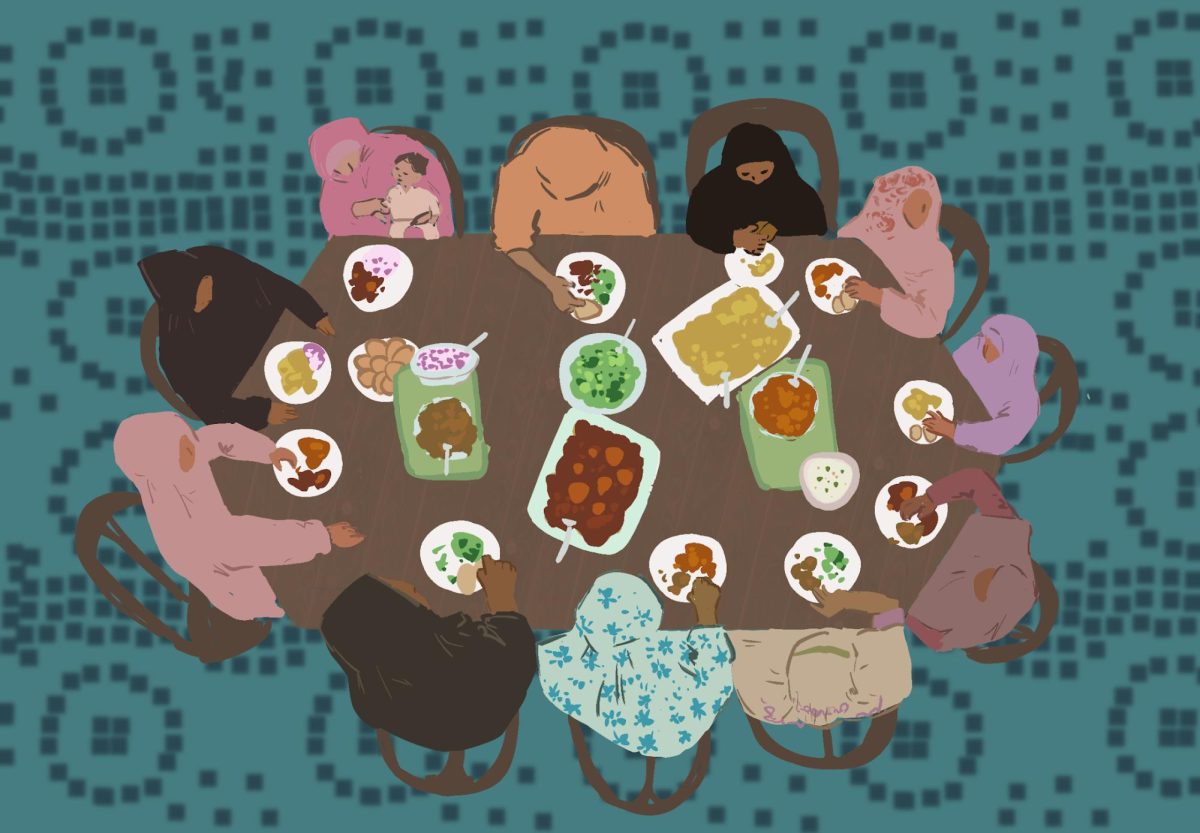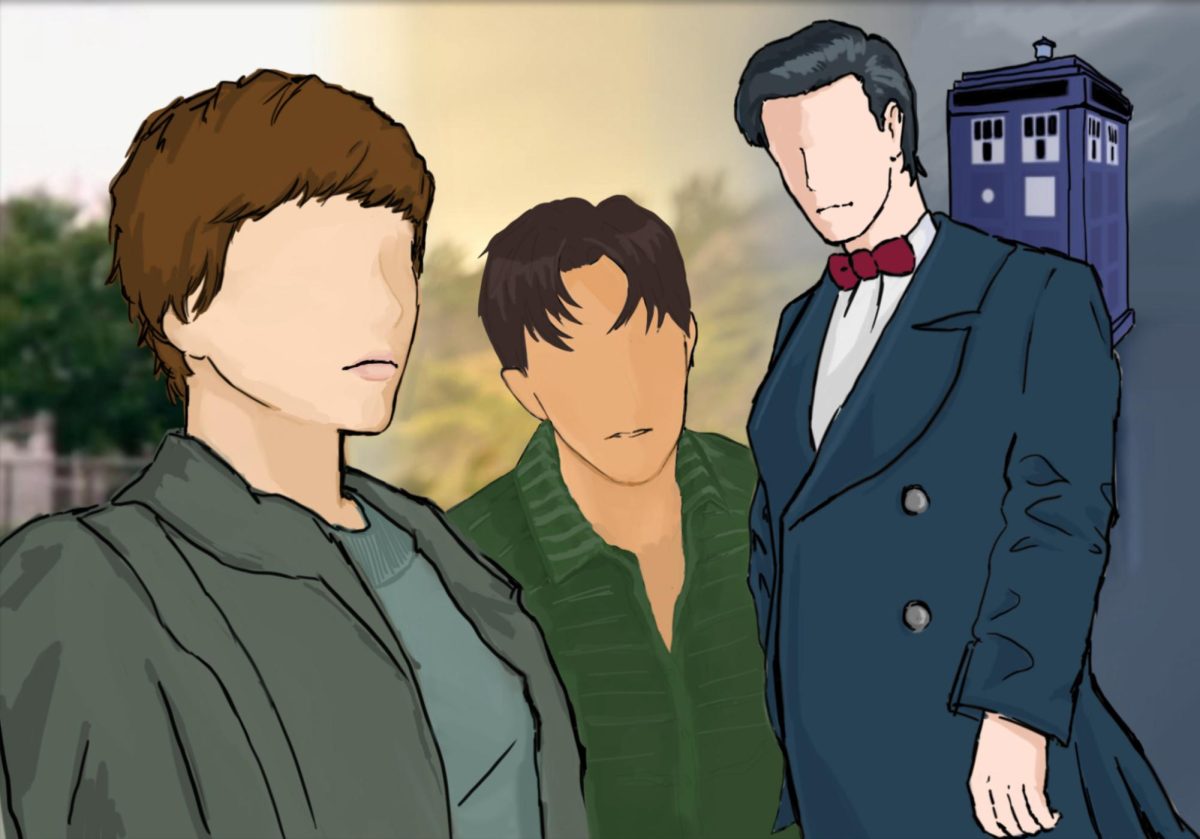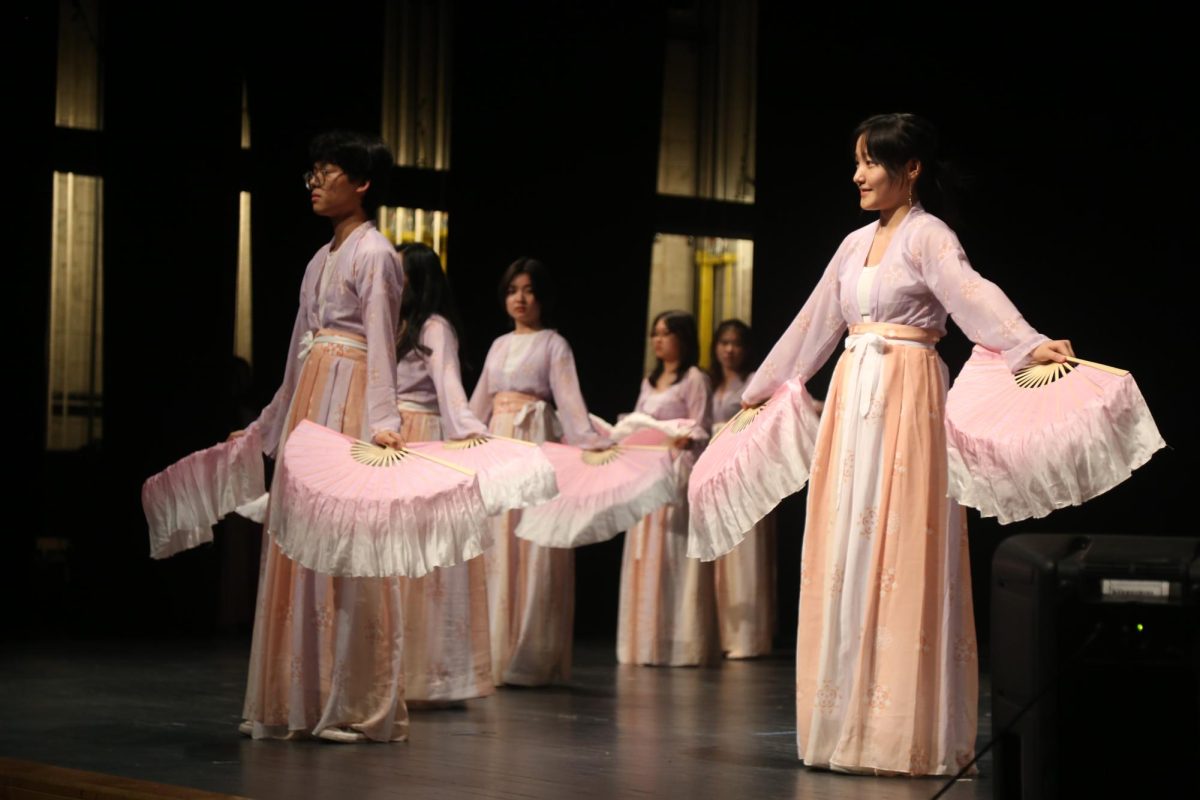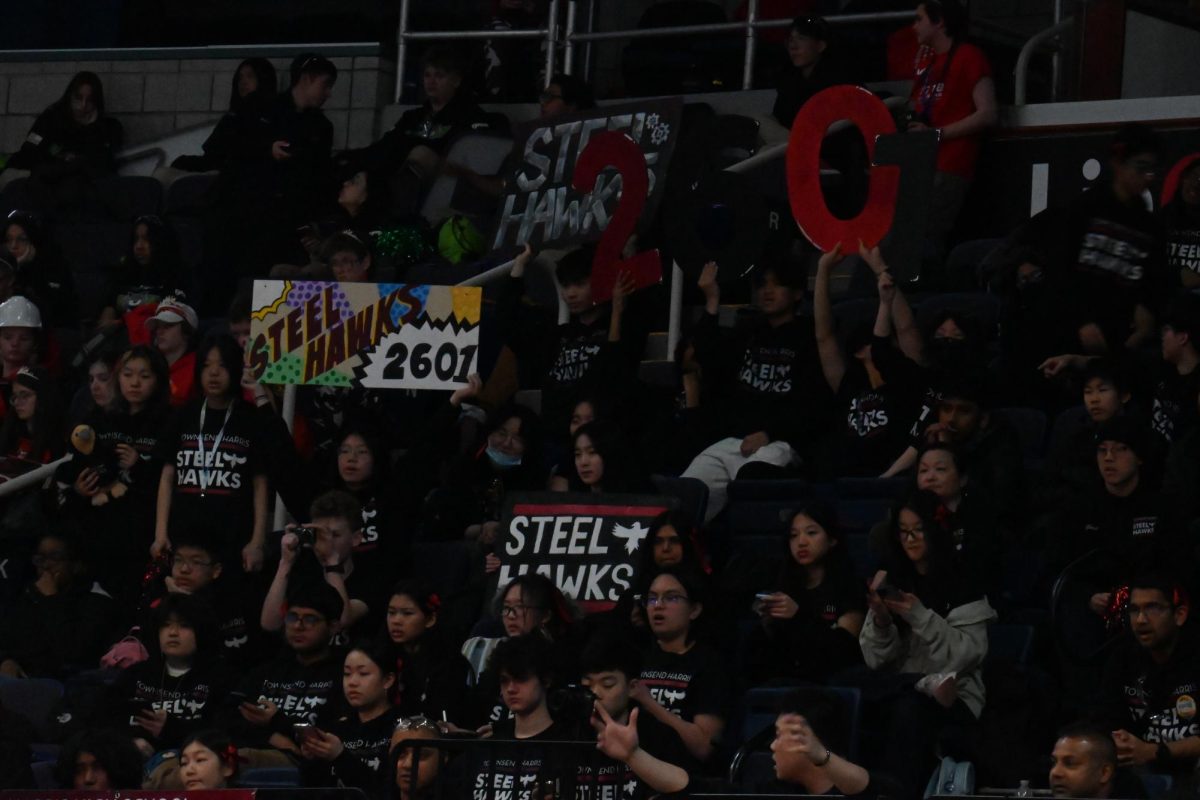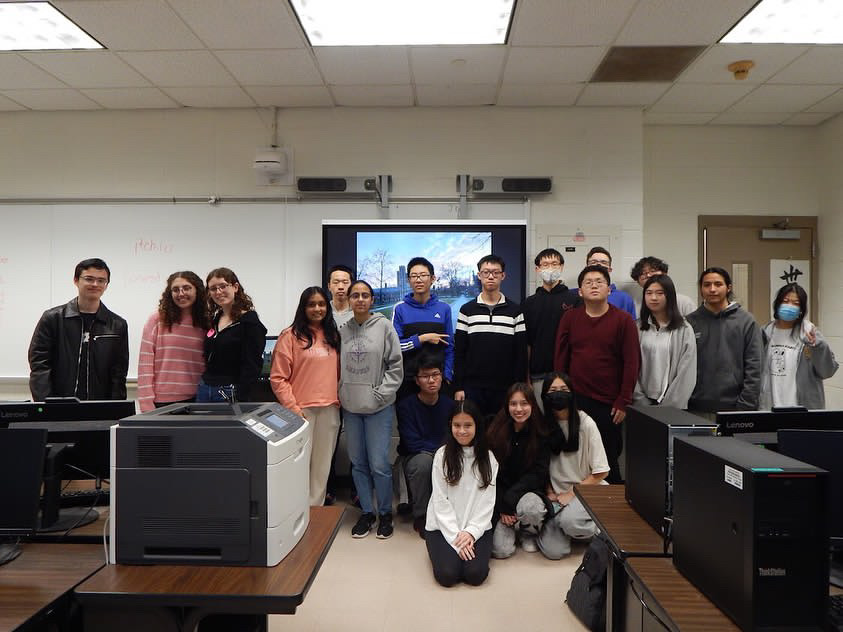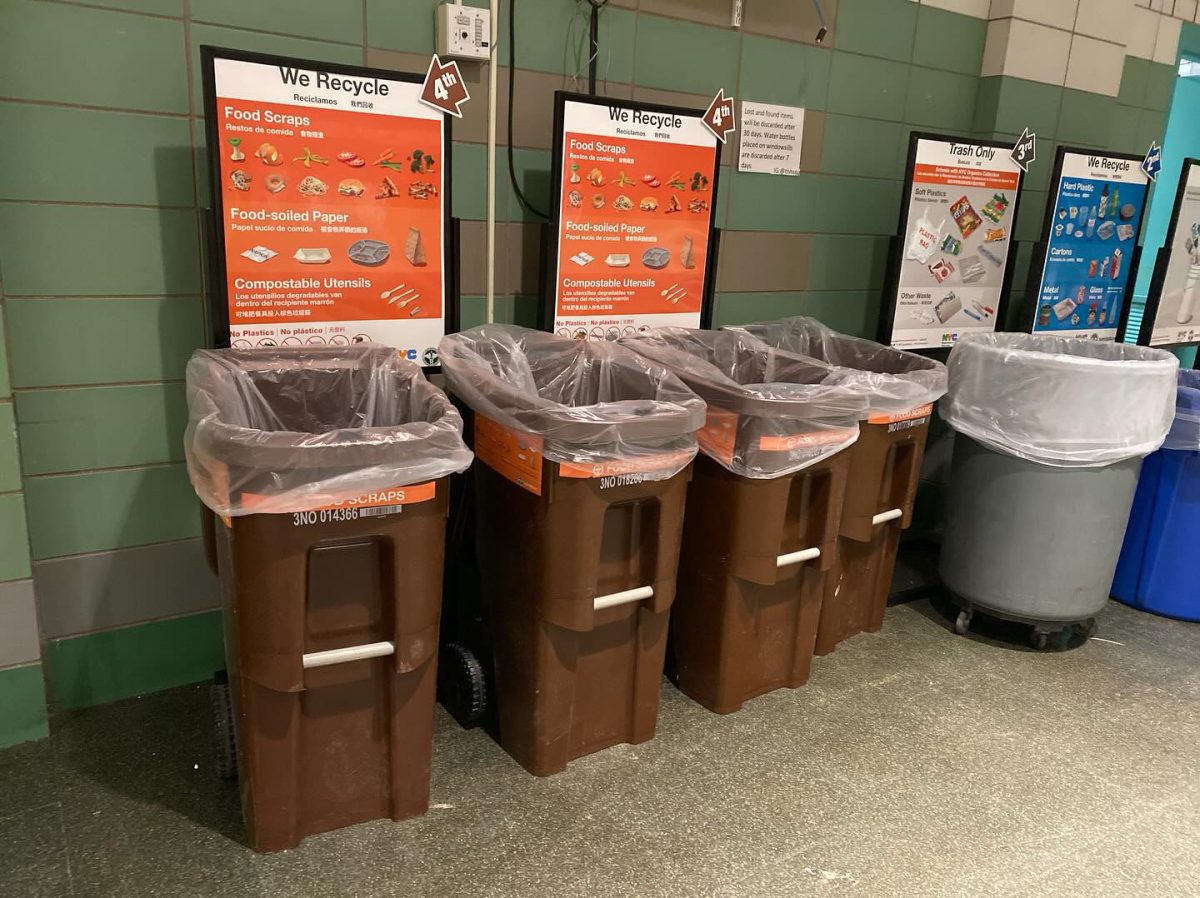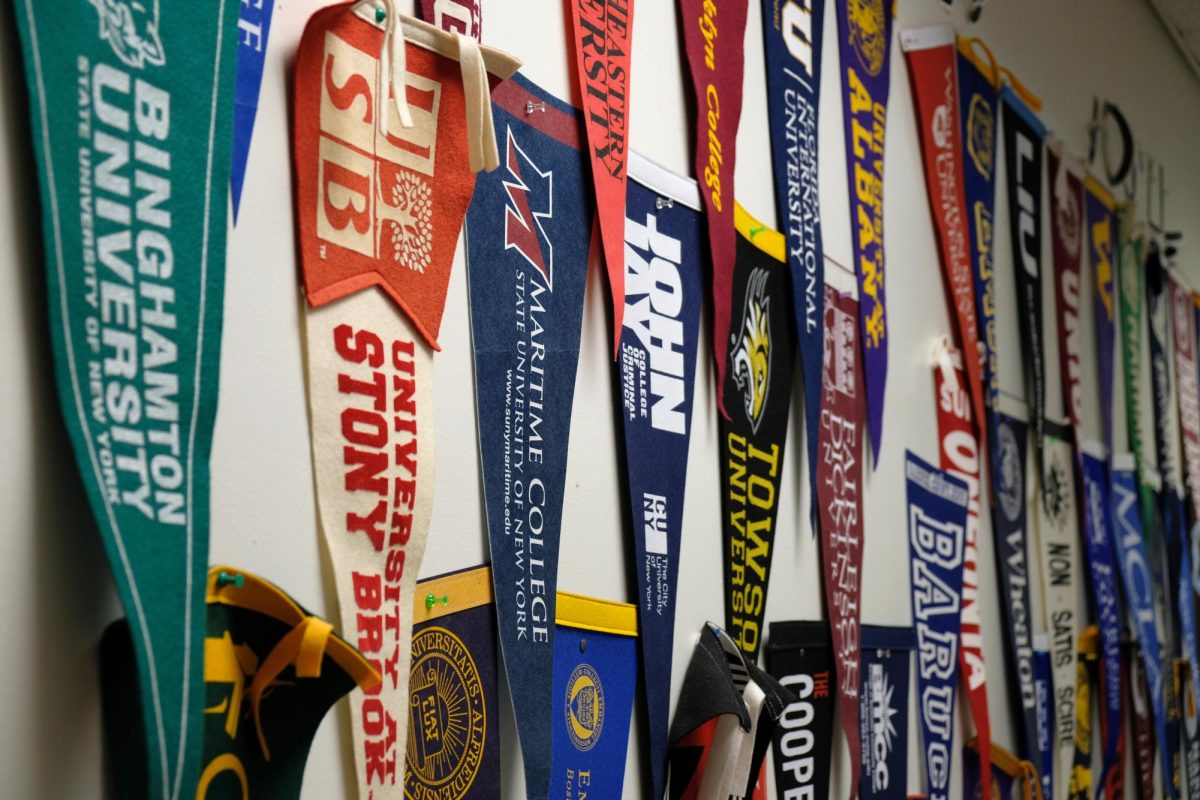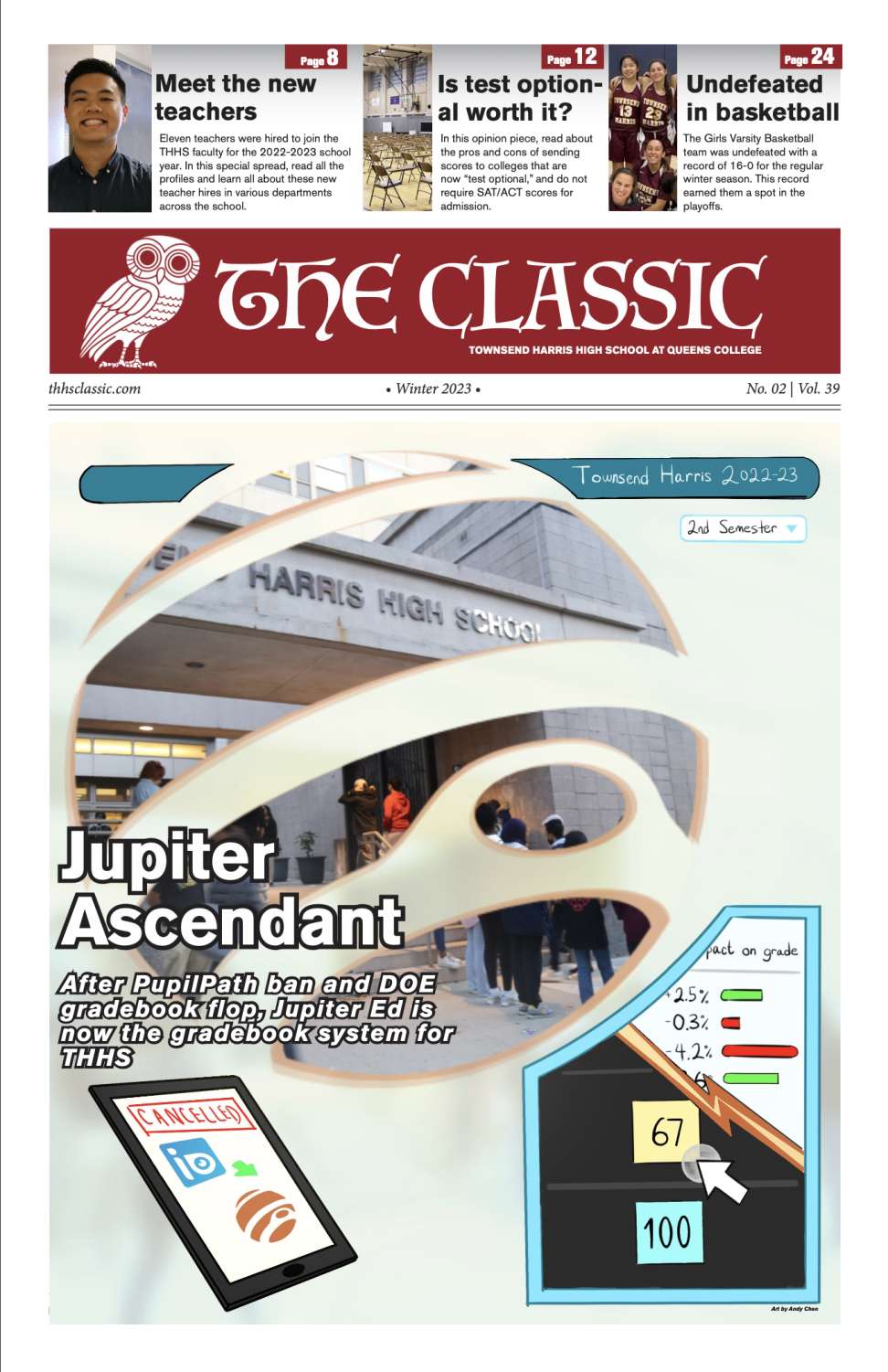
Several classic Hollywood films have proven to stand the test of time throughout the years. Iconic films such as “Breakfast at Tiffany’s” have proven to remain relevant in pop culture, making an idol out of the film’s lead actress, Audrey Hepburn. However, as memorable as the film is, it also shows a fault that was found in several Hollywood movies at the time. Mick Rooney was the actor who played Mr. Yunioshi, the Japanese tenant of the apartment building Hepburn’s character lived in. Undergoing taped eyelids and heavy makeup, the director meant for the role to provide comic relief. Although the perception of the role was inherently racist, little criticism was met from Rooney’s performance.
Hollywood has since evolved, however, it has yet to leave yellowface in the past.
“Yellowface is when Hollywood casts white actors to play Asian roles, and these white actors use makeup to make them [appear] more ‘Asian’” says sophomore Deborah Kong.
Although it seems the practice of yellowface is outdated, many instances can still be found in today’s most recent studio blockbusters.
“There was a lot of recent backlash when Scarlett Johansson was cast in ‘Ghost in the Shell’,” says sophomore Chloe Chan. She adds, “The role was originally meant for a Japanese woman to play, yet the studio cast a white woman to play her. The miscasting of Asian roles only promotes negative stereotypes such as the belief that Asians can’t act and aren’t supposed to be in the media.”
Junior Justin Butron adds,“It sends a message to the Asian youth that we will always be limited by our race even if we want to represent ourselves in the media.”
Other problems such as the whitewashing of Asian cultures arise, since audiences are shown an ethnocentric opinion of what it means to be “Asian”. “By casting non-Asians to play Asian roles,” says senior Vanessa Lau, “you’re attacking that heritage. While one doesn’t want to equate it to blackface because of touchy racism issues, it is exactly as bad. [Portraying someone of a certain race] is not the same as someone who knows of the heritage and can actually portray the effects something may have on that particular race.”
“The constant miscasting of Asian roles…often enforces racist stereotypes placed upon Asian-Americans,” says junior Bea Tolentino. “Most Asians are cast in roles such as obnoxious students who do nothing but study, or as doctors and computer geeks. However, the Asian community consists of more than just studious people. Through the miscasting of Asian roles, the world, and especially the Asian community, are kept from spreading their culture into something beyond a stereotype.”
Several movie studios in the past have cited that there weren’t enough marketable Asian actors and actresses to appeal to a worldwide audience, leading them to cast actors of other races to play Asian roles. “But the problem is, if Asian people are never cast they will never reach the levels of popularity white actors have” says sophomore Deborah Kong. Sophomore Safiatu Diagana sheds light on the irony of the situation stating, “There are a lot of Asian actors and actresses and it’s funny since [movie producers] are able to travel around the world to shoot movies but don’t want to find Asian actors and actresses.”
Freshman Angelina Jimenez states,“I understand that there are far less Asian actors and actresses in the business and I’ll accept it as a fact, but that is not an excuse for miscasting their roles like [Ghost in the Shell]. If you go so far as to write an Asian character, you should be prepared to cast accordingly.”
She concludes, “If you take the initiative now and start representing Asians in media, many more young Asians would be inspired to follow their dreams and take to the stage or screen. ‘Yellowface,’ whitewashing , or whatever you want to call it, is unnecessary, and all that Hollywood has to do is try a little harder.”

